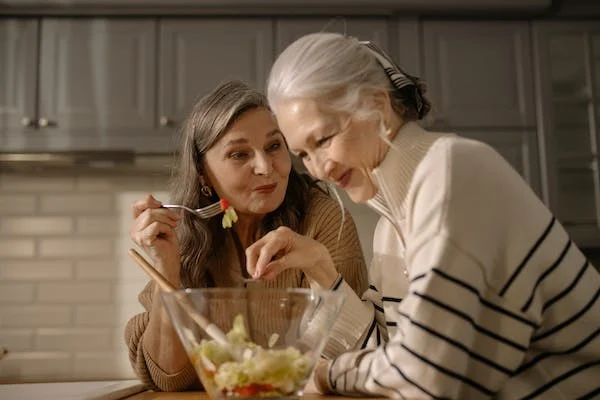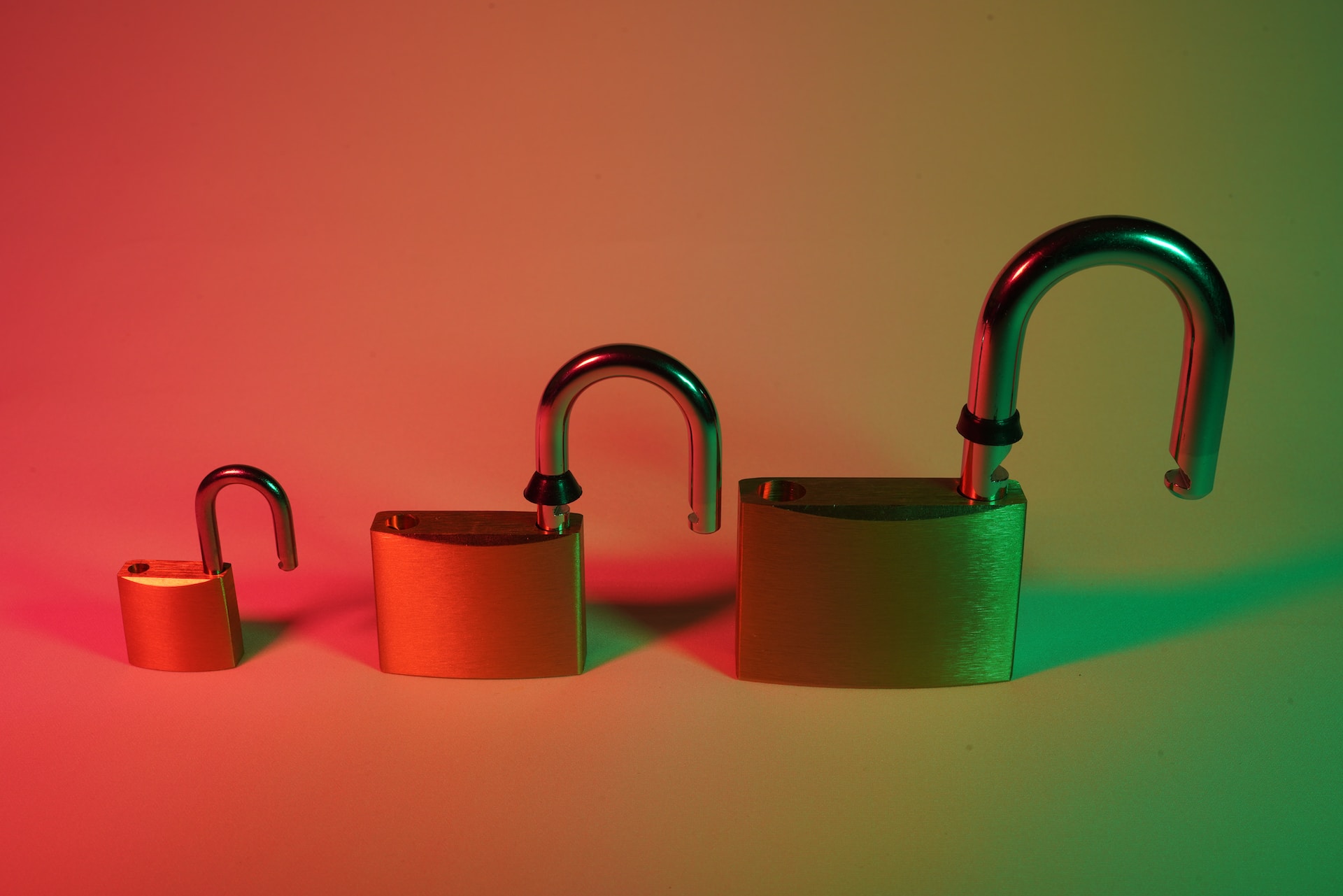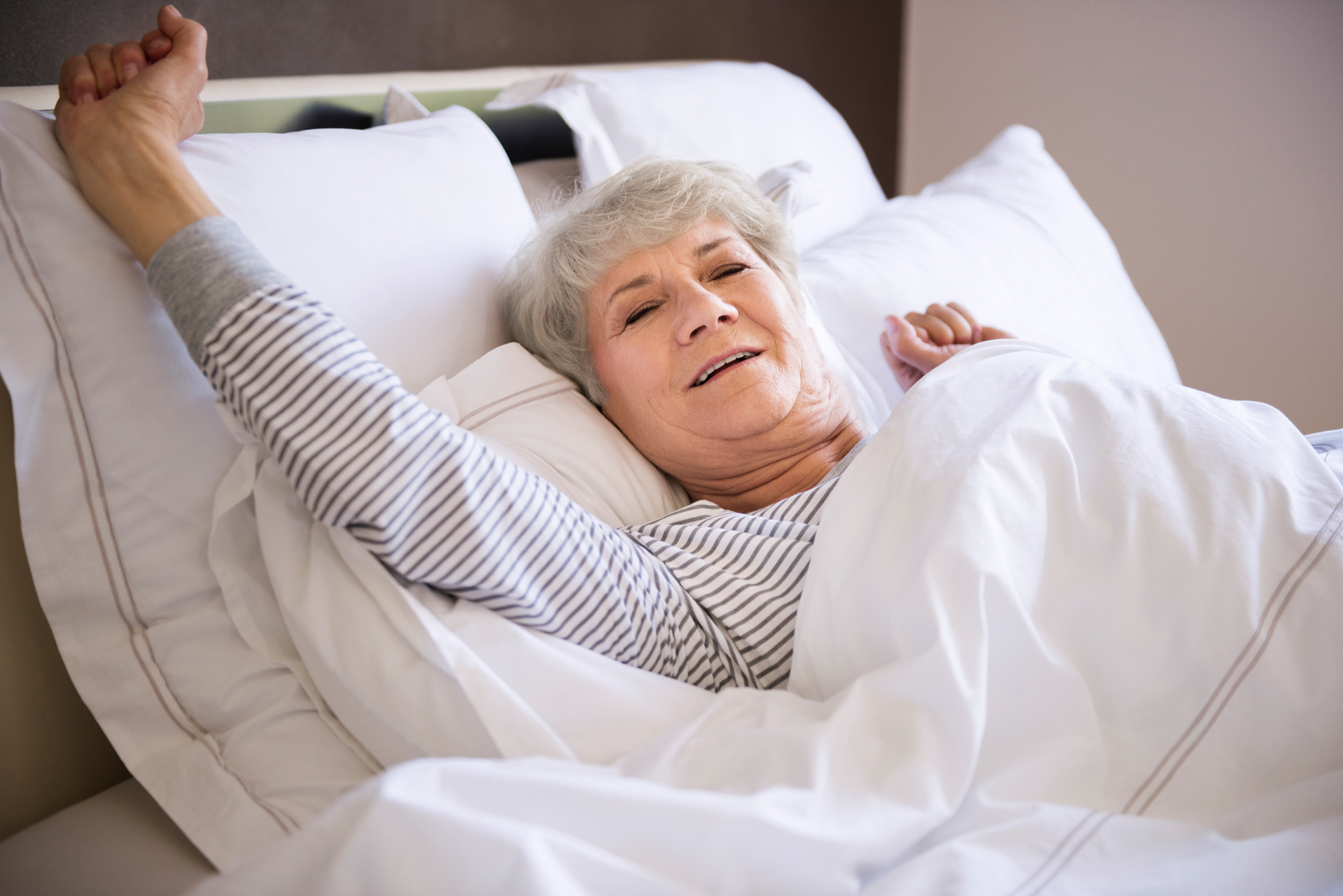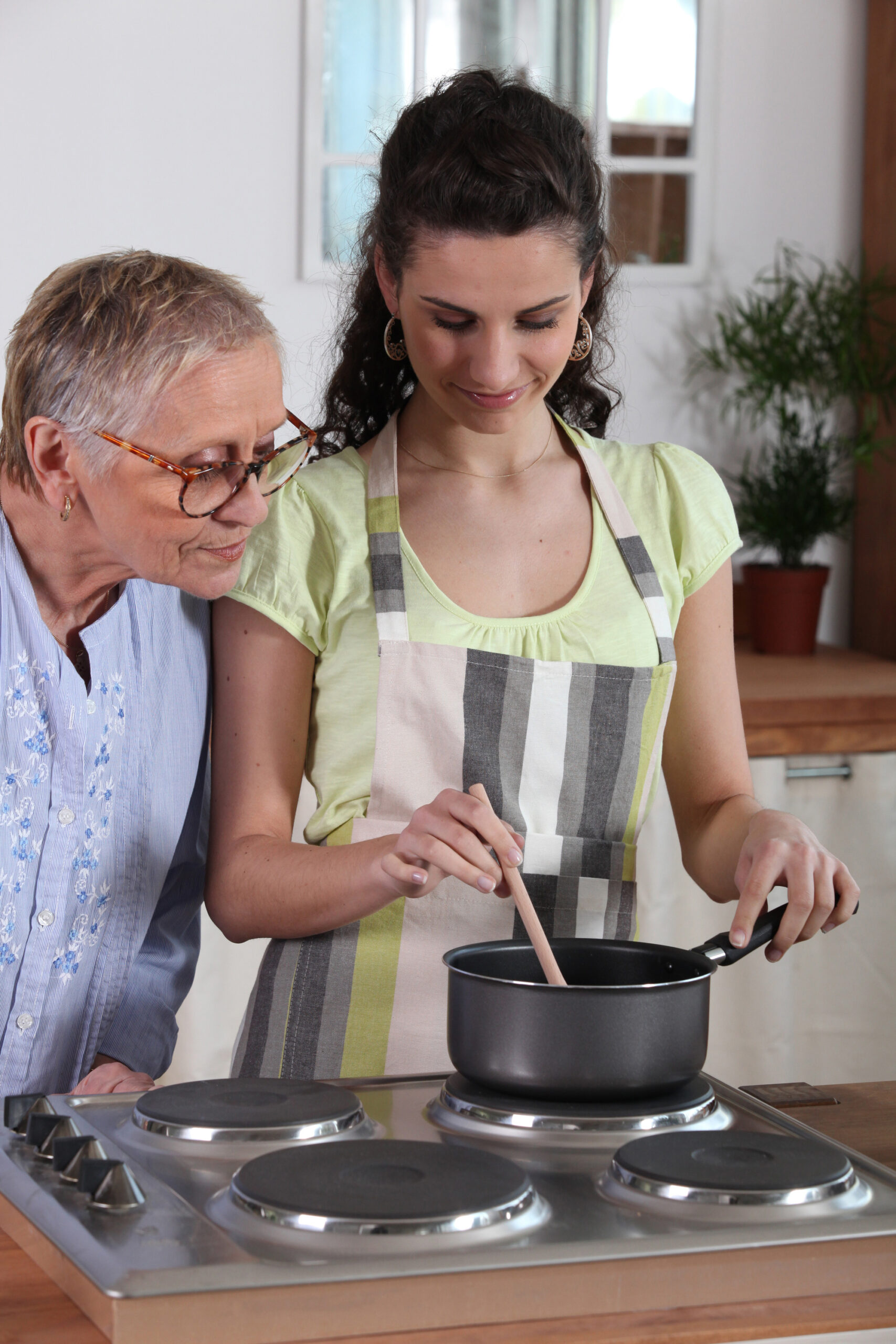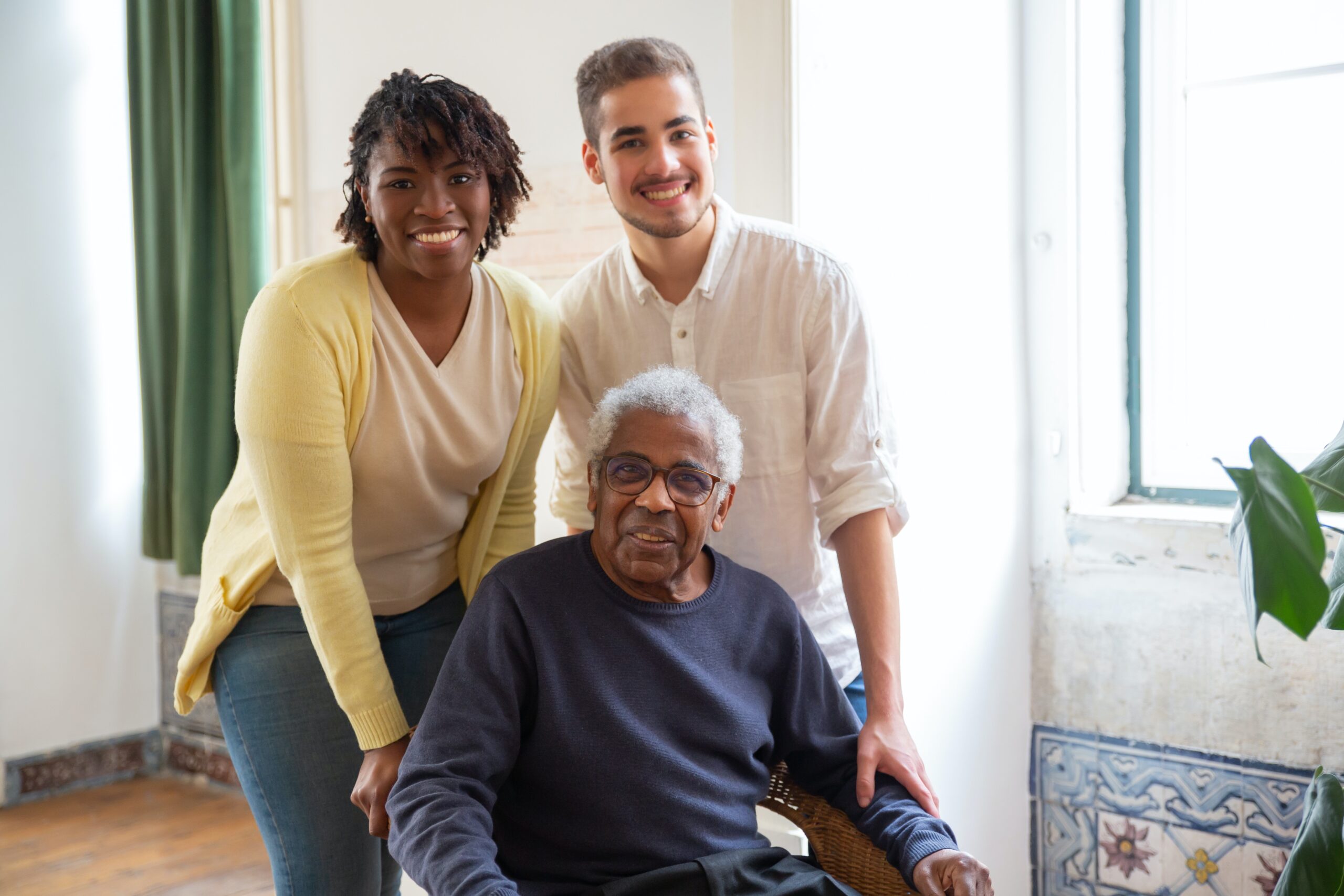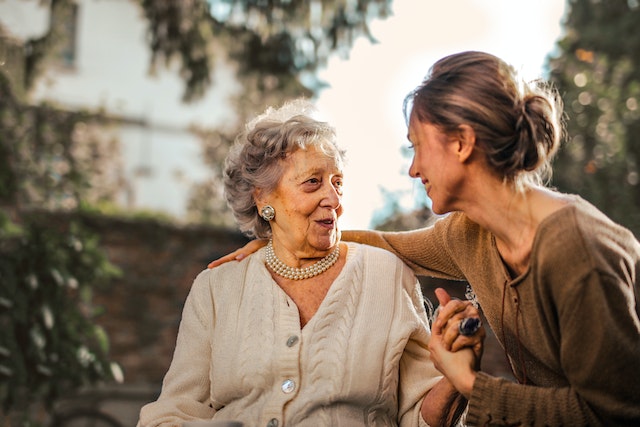Authored by Julian Hooks Image by Pixaby
Our bodies go through many changes as we age, some of which can be detrimental to our health unless properly managed. The loss of the body’s ability to efficiently store water is one of the most significant changes, making it more difficult to maintain adequate fluid intake. Everyone needs to make sure they drink enough water, but the elderly are especially at risk for dehydration and its consequences.
When fluid loss exceeds fluid intake, dehydration sets in and an electrolyte imbalance develops. Constipation, UTIs, kidney stones, and even memory loss are just a few of the problems that can arise as a result of this condition. There can be some surprising benefits of drinking more water, too, such as improving skin health, boosting immunity, and aiding weight loss.
For seniors who want to maintain their independence, prevent hospitalization, and continue living in the comfort of their own homes, staying hydrated is crucial.
Why is staying hydrated important for the elderly?
Factors such as diminished thirst feeling, mobility challenges, and chronic conditions that impact fluid balance put the elderly at a higher risk of dehydration. The effects of dehydration on the health and well-being of the elderly can be severe, including:
- Urinary Tract Infections (UTIs): The risk of urinary tract infections (UTIs) are increased by dehydration because concentrated urine fosters bacterial growth.
- Constipation: Dehydration can make it harder for seniors to maintain regular bowel movements
- Kidney stones: Kidney stones can also develop when urine becomes concentrated due to dehydration.
- Cognitive decline: Confusion, disorientation, and memory loss are just some of the cognitive side effects of being severely dehydrated, although mild dehydration can also affect cognition.
- Mental health issues: Dehydration can have such an effect on cognition that it can even lead to feelings of depression and anxiety. Staying well-hydrated can go a long way towards supporting an elderly person’s mental and emotional well-being.
- Falls and fractures: Dehydration can impair coordination and increase the likelihood of falls and fractures, especially among the elderly and those with mobility impairments.
How much water should seniors drink?
Age, gender, weight, and level of exercise are just a few of the variables that affect how much water an individual has to consume daily. Nonetheless, as a general rule of thumb, older adults should try to consume 8-10 glasses of water daily.
If an elderly person has trouble consuming enough water, they should try increasing their intake of other fluids such as herbal teas, juices, and soups; sugary and caffeinated drinks should be avoided, as they contribute to dehydration. It’s especially important for seniors to rehydrate with water before and after strenuous activity or time spent outdoors in hot weather.
Tips for staying hydrated
- Set a schedule: Seniors can set alarms to remind them to drink water throughout the day. This is especially useful for those who have memory problems or struggle to keep track of their water intake.
- Use a water bottle: Seniors can keep a water bottle with them throughout the day to remind them to drink water and make it easier to get to.
- Eat water-rich foods: Seniors can boost their water consumption by eating water-rich fruits and vegetables such as watermelon, cucumbers, and strawberries.
- Experiment with flavors: Flavoring water with healthy, natural ingredients can make it much more appealing and flavorful, and encourage seniors to drink more. Ideas include slices of lemon, lime, mint, or cucumber, or muddled fruit, herbs and even spices.
- Avoid alcohol and caffeine: Seniors should avoid or limit their consumption of alcohol and caffeine, as both can cause dehydration.
- Monitor urine color: Seniors can determine their hydration status by monitoring the color of their urine. The presence of clear or pale yellow urine indicates appropriate hydration, while dark yellow urine implies dehydration.
Caregiver support
Staying hydrated is a key component to good health at any age, and it is crucial for seniors, especially if they want to remain independent.
Some seniors need hydration support from careers. Caregivers can help seniors remember to drink more fluids, explain the importance of hydration, and monitor their fluid consumption. Assisting with meal preparation and providing encouragement to try new ideas, such as infused waters and increasing other water-rich foods can also make a big difference. For seniors in need of additional support, IV fluids, hydration monitoring, and medication management can be provided by home health professionals.
Seniors who want to continue in their homes but need health care can benefit from care services. By staying hydrated and working well with caregivers, seniors can significantly increase their ability to stay happy, healthy, and independent, and avoid hospitalization.
About our author: Julian Hooks is a seasoned writer who loves to write content related to health, parenting, drinking water, healthy lifestyle, and child care. He is a frequent contributor to many online publications. Julian has specialized in healthy lifestyles and parenting; his work often focuses on making sure that families have the information they need to make informed decisions about their health and well-being.


